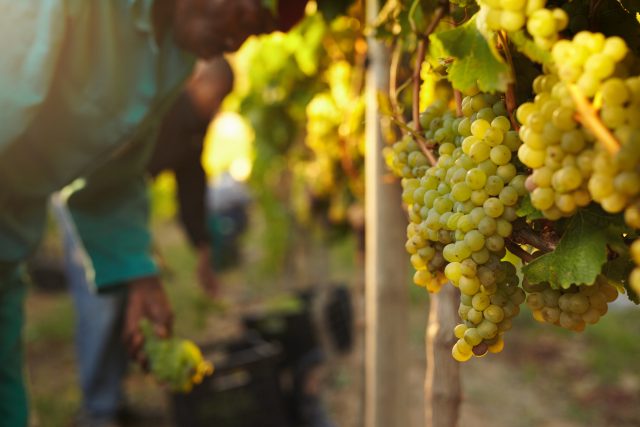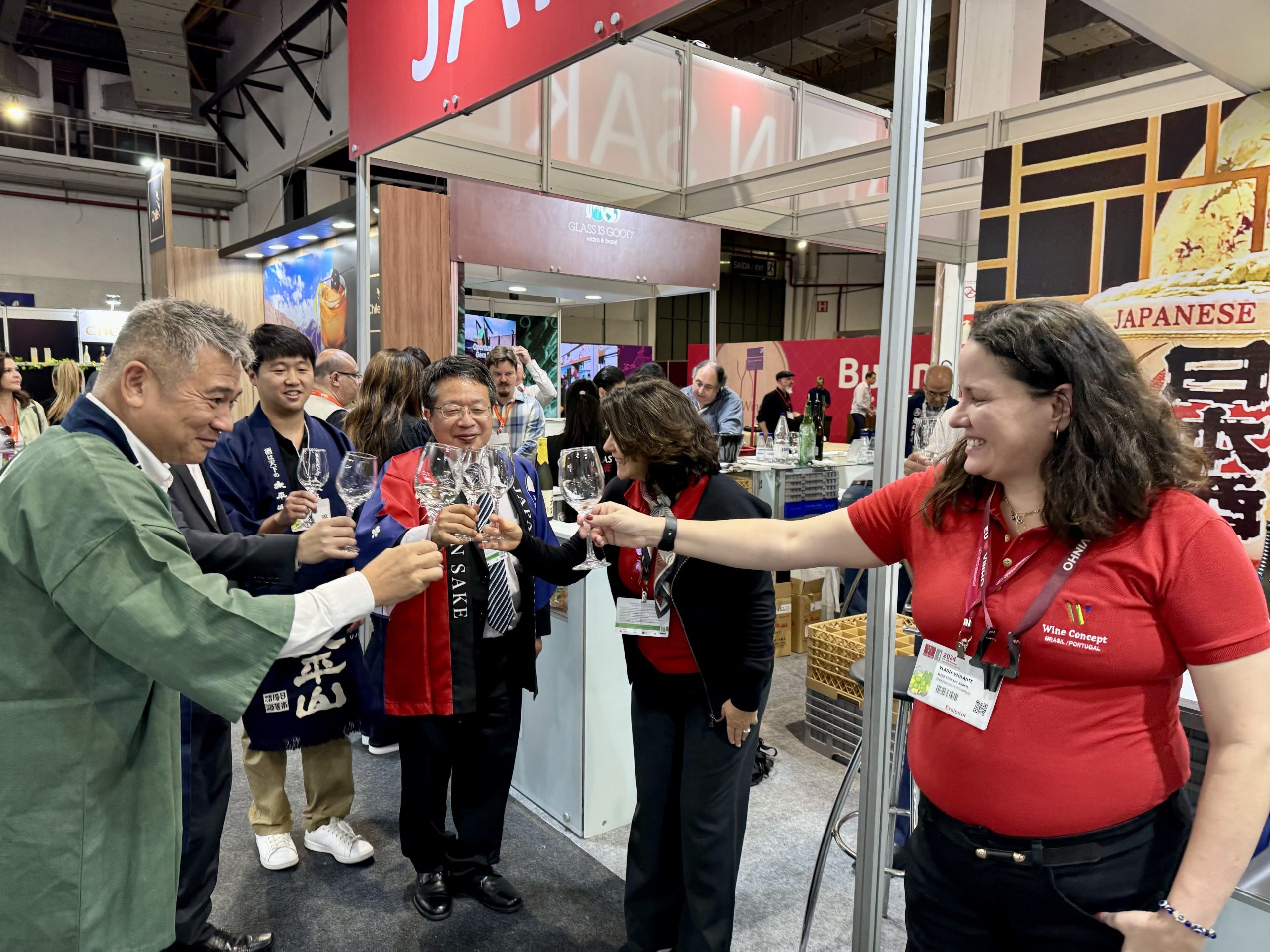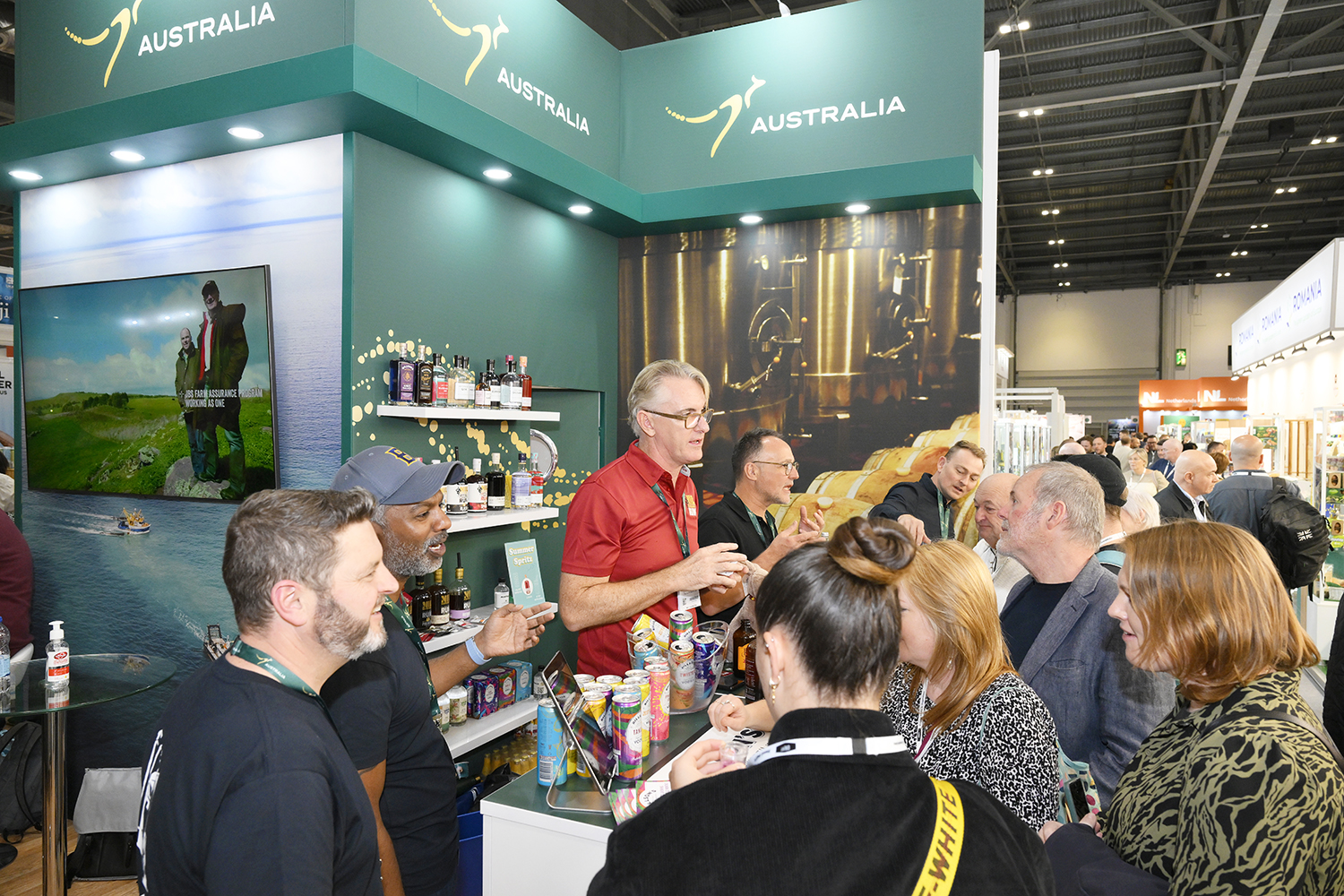New Zealand winemakers search for vineyard workers for 2022 harvest
By Jessica MasonNew Zealand winemakers are appealing for vineyard workers for the 2022 harvest as the labour shortage begins to have a knock on effect following Covid-19 border restrictions.

In Marlborough, one of New Zealand’s winegrowing regions, according to the RNZ, an estimated 1200 people are needed to harvest the 2022 vintage, which usually begins in early March.
With fewer overseas workers in the country and the paucity of cellar hands, wine press operators, flotation technicians and forklift drivers left in the country, meant that wineries had begun to search for workers four months in advance.
Before Covid-19, foreign winemaking staff had reportedly made up the bulk of harvest teams. These had traditionally been young people from Europe that had recently graduated with a wine based tertiary qualification, or they had come from families that were involved in wine making.
The labour pool was now even tighter than it had been in 2021, as many migrant workers that had been in the country during the start of the Covid-19 pandemic have since travelled home.
Partner Content
Marisco Vineyards general manager Matt Mitchell said: “It’s really a growing sort of industry realisation that harvesting will be made up almost entirely from Kiwis, and it’s a very small pool that we’re all fighting over.”
Because of the shortage of experienced workers, there would be a huge effort going into training people that were new to the industry this season, he explained.
Wine Marlborough general manager Marcus Pickens reminded that some sector-wide attraction campaigns were being planned, but individual wine companies were also working much harder than ever to fill the gap.
Explaining how the harvest worked and different job opportunities available was something the industry could have done better in previous seasons, “but certainly those efforts are increasing more than ever,” said Pickens, adding: “A lot of advertising is just starting up and there will be some really novel approaches, I think, from wineries. We saw some really good ones last year just telling their stories promoting themselves really well.”
Related news
Graham Norton hails 'truly magical' visit to Marlborough




